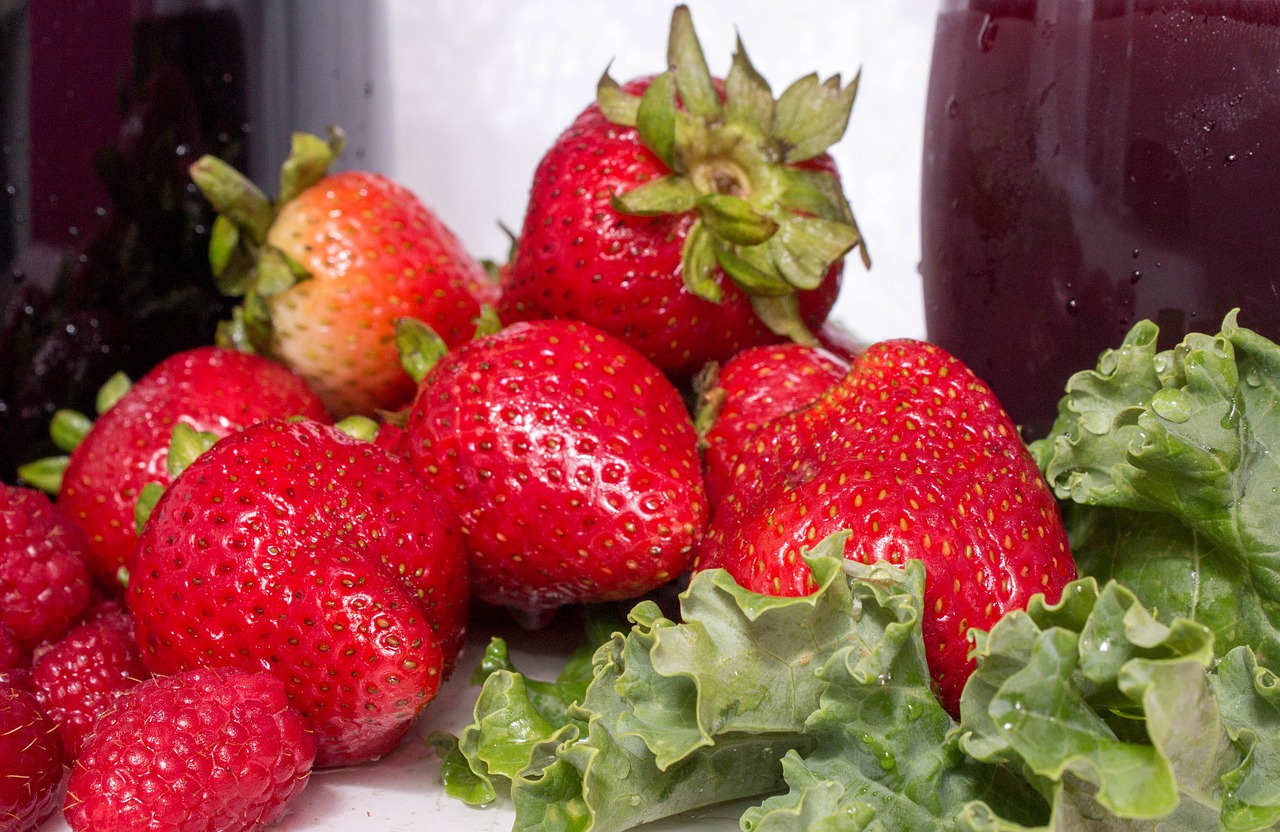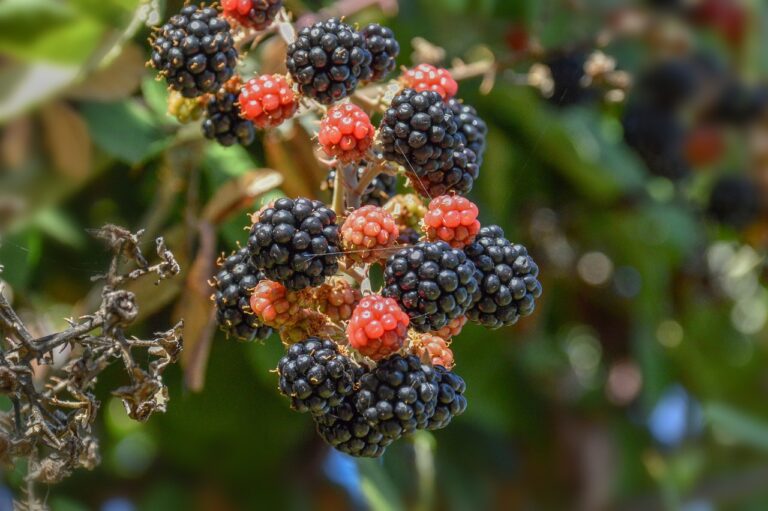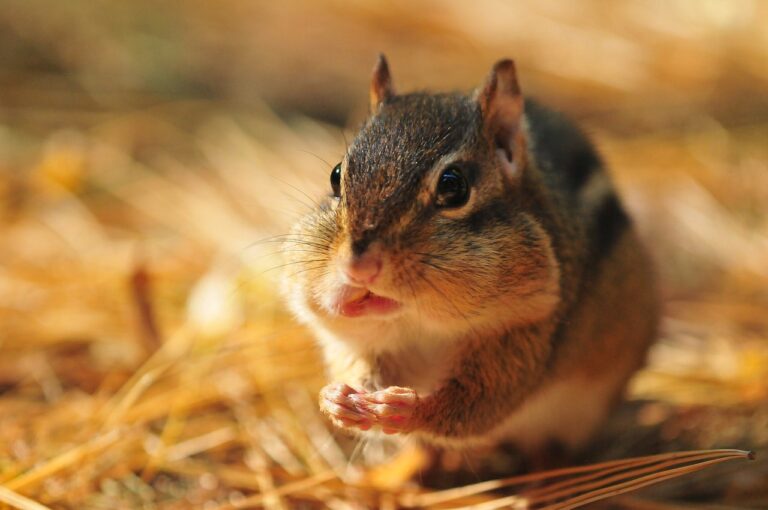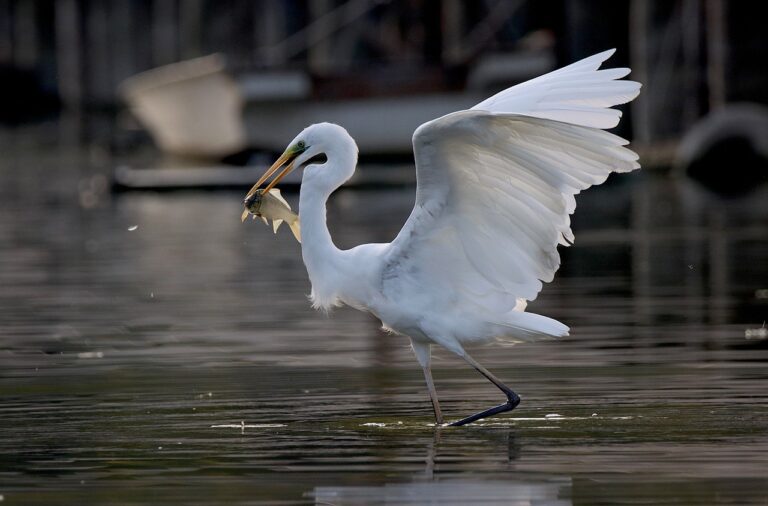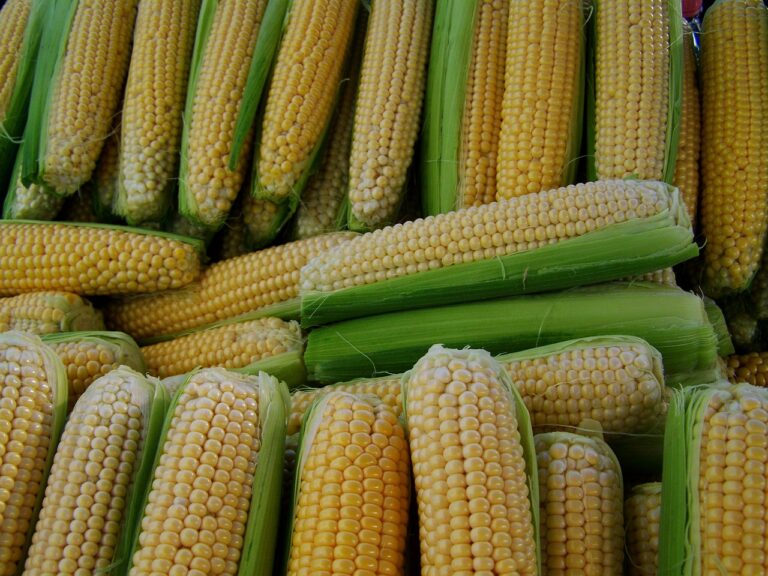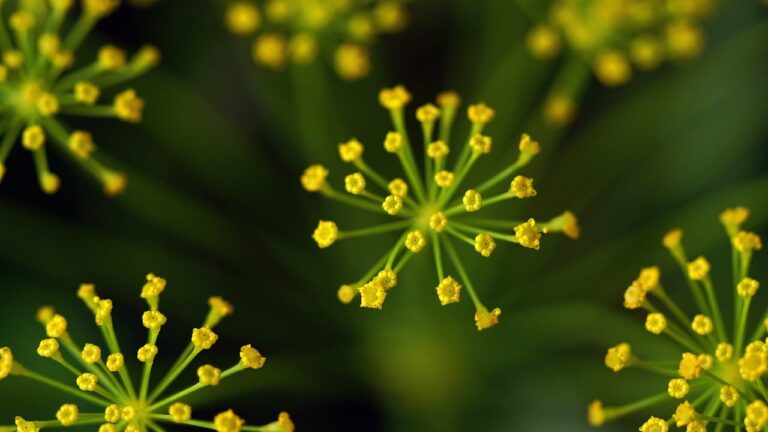The Role of Bees in Climate Change Mitigation: 11xplay online, Indiabet24, Skyfairvip
11xplay online, indiabet24, skyfairvip: Bees are often overlooked when it comes to discussions about climate change mitigation. However, these tiny creatures play a significant role in maintaining our ecosystems and are crucial in the fight against climate change. In this blog post, we will explore the essential role that bees play in climate change mitigation and why we should all be more conscious of their importance.
The Importance of Bees in Pollination
One of the primary reasons bees are essential in climate change mitigation is their role in pollination. Bees are responsible for pollinating around 75% of the world’s flowering plants, including many fruits, vegetables, and nuts that humans depend on for food. Without bees, these plants would not be able to reproduce, leading to a significant decline in crop production and biodiversity.
Pollination is crucial for maintaining healthy ecosystems and ensuring the survival of many plant species. Bees are incredibly efficient pollinators, as they have special adaptations that allow them to carry pollen from one flower to another. This process leads to the fertilization of plants and the production of fruits and seeds.
Bees and Carbon Sequestration
In addition to their role in pollination, bees also play a part in carbon sequestration. Carbon sequestration is the process by which carbon dioxide is removed from the atmosphere and stored in plants, soil, and other organic matter. Bees contribute to this process by pollinating plants that store carbon, such as trees and other vegetation.
By helping plants to reproduce and grow, bees contribute to the overall health of ecosystems and increase the amount of carbon stored in plants and soil. This, in turn, helps to mitigate climate change by reducing the amount of carbon dioxide in the atmosphere.
How Climate Change Affects Bees
While bees are essential in climate change mitigation, they are also vulnerable to the effects of a changing climate. Climate change has led to rising temperatures, changes in precipitation patterns, and extreme weather events, all of which can have a significant impact on bee populations.
Bees rely on flowers for food and nesting sites, so any changes in plant growth and flowering times can disrupt their natural behaviors. Additionally, pesticides and habitat destruction caused by human activities can also pose a threat to bee populations.
As bee populations decline, so too does their ability to pollinate plants and help mitigate climate change. It is crucial that we take action to protect bees and their habitats to ensure their survival and the health of our ecosystems.
What Can We Do to Help Bees?
There are several steps that individuals and communities can take to help protect bees and support their vital role in climate change mitigation. Some of these include:
– Planting bee-friendly flowers and plants in gardens and green spaces to provide bees with food and nesting sites.
– Avoiding the use of pesticides and opting for organic and bee-friendly gardening practices.
– Supporting local beekeepers and buying honey and other bee products from sustainable sources.
– Raising awareness about the importance of bees and advocating for policies that protect bee habitats and populations.
By taking these actions, we can all play a part in supporting bees and ensuring their crucial role in climate change mitigation.
FAQs
Q: Are all bees important for pollination?
A: While honeybees are the most well-known pollinators, there are over 20,000 species of bees worldwide that play a role in pollination. All bees are essential for maintaining healthy ecosystems and biodiversity.
Q: How can climate change affect bee populations?
A: Climate change can lead to changes in flowering times, plant growth, and habitat availability, which can disrupt the behavior and survival of bee populations. Extreme weather events and habitat destruction can also pose a threat to bees.
Q: What can individuals do to help bees?
A: Individuals can help bees by planting bee-friendly flowers, avoiding the use of pesticides, supporting local beekeepers, and raising awareness about the importance of bees in our ecosystems.
In conclusion, bees play a vital role in climate change mitigation through their work in pollination and carbon sequestration. It is essential that we all recognize the importance of bees and take action to protect them and their habitats. By supporting bees, we can help ensure the health of our ecosystems and work towards a more sustainable future for all.

